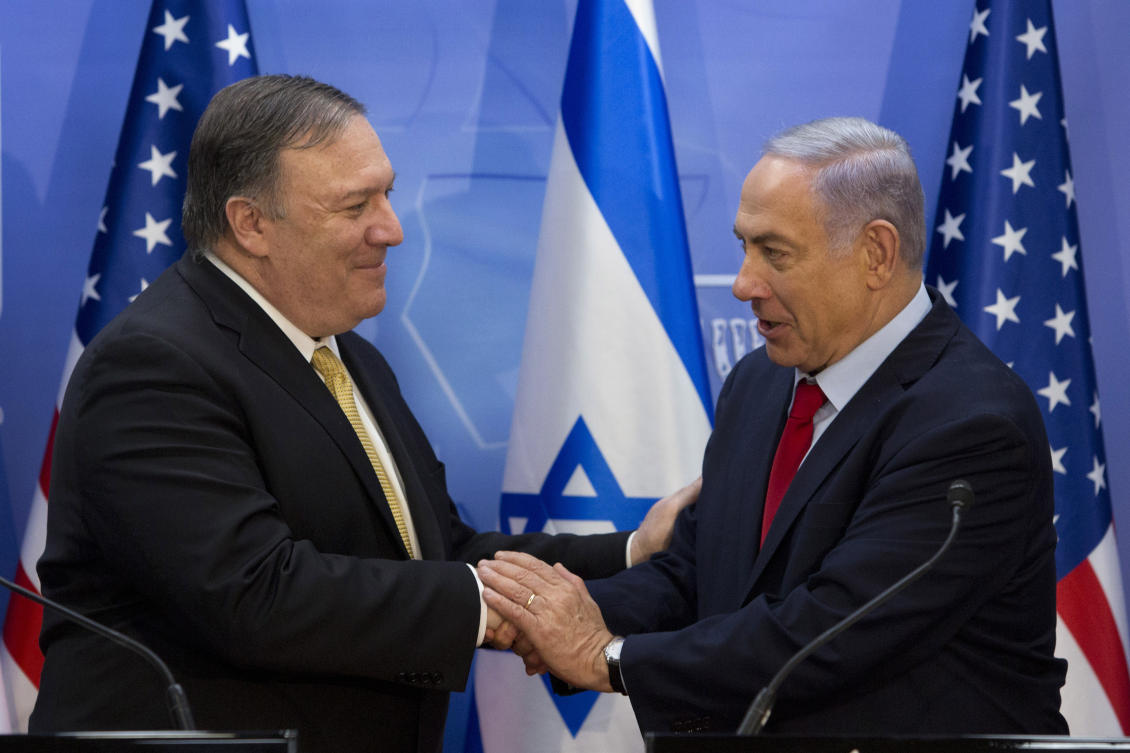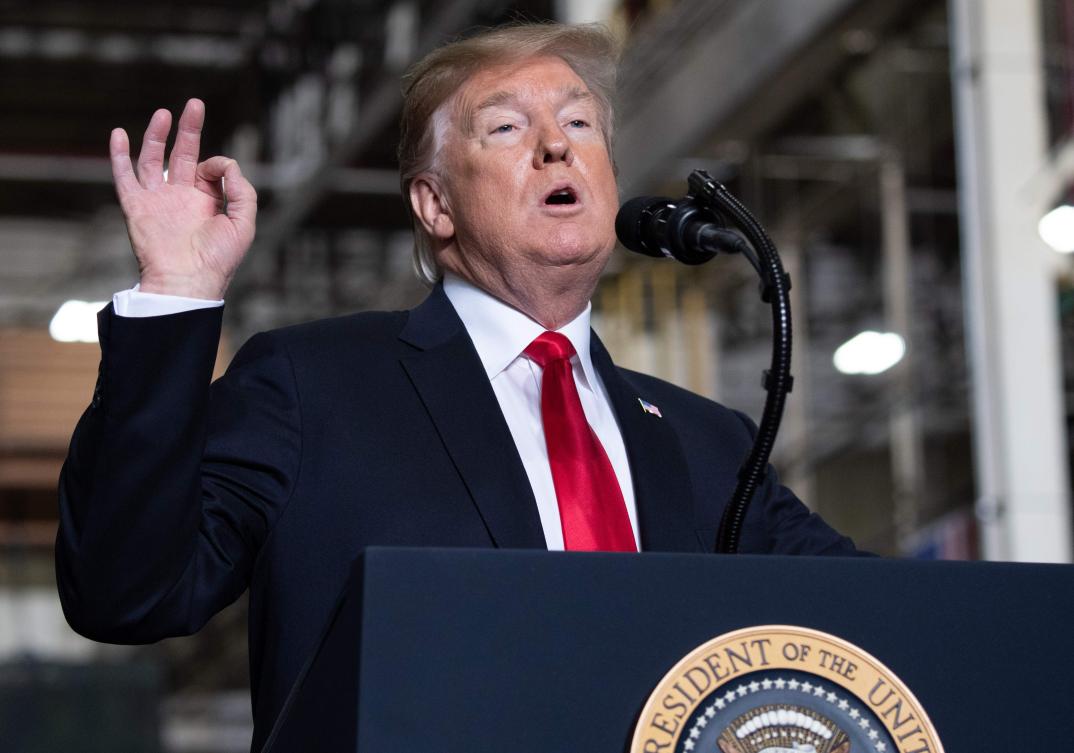ANKARA: As Turkey’s March 31 local elections draw closer, economic issues are becoming a major priority for the country’s voters.
While the ruling Justice and Development Party (AKP) has based its electoral success on the country’s prosperity for almost two decades, declining living standards and an economic downturn may signal a shift to rival parties in the election.
Turkey was once an attractive option for investors trying to reach out to emerging markets, but the country’s economic outlook has changed significantly in recent years with double-digit inflation and a currency growing weaker by the day.
Analysts say the economic concerns of middle-class voters, whose purchasing power has been primarily hit, will determine the electoral outcome if they turn against the AKP.
In the previous local elections, the AKP won 43 percent of the vote, while its nearest rival, the Republican People’s Party (CHP), polled below 25 percent.
Growing tensions between Turkey and the US are expected to further erode the value of the Turkish lira in the coming months.
To reduce the impact of economic hardships on impoverished voters, Turkey’s government recently opened market stalls selling cheap produce. Long queues are a common sight at the stalls.
Voter frustration may translate into the loss of some big cities, including the capital Ankara and Istanbul, where the AKP has ruled for decades. Istanbul has added significance for President Recep Tayyip Erdogan, who began his political carrier as mayor of the city. Former Prime Minister Binali Yildirim is running for election in the city against his secular rival Ekrem Imamoglu.
A recent poll by the opposition CHP in 29 provinces found that about 60 percent of voters are frustrated over the country’s economic decline.
Burhanettin Bulut, a CHP parliamentarian, said Turkish voters’ top priority will be “their empty cooking pot in the kitchen.”
“Parents cannot give pocket money to their children when sending them to the school. From early morning until night, their main concern is how to feed themselves. Nobody is happy about this trend,” he told Arab News.
Berk Esen, an international relations professor at Ankara’s Bilkent University, believes the poor economic outlook will make the election results in some cities, such as Ankara and the northwestern industrial hub Bursa, much tighter than in previous polls.
“Although AKP voters will not split with their parties in a single stroke, some may opt not to vote to show their frustration. Voter turnout will be important in these elections when even 1 percent of votes can determine a candidate’s success,” he said.
Some analysts said the alliance between the AKP and the nationalistic MHP party could offset the votes lost due to the economic outlook.
But Esen said that in some cities where MHP candidates were not nominated, nationalistic constituencies may choose not to vote or to vote for opposition parties.
The use of “religion” card by the government following the New Zealand terror attack is also seen as a strategy to divert attention from its economic failures.
According to this view, voters in Turkey will not change loyalties because of ideological commitment.
“If we focus on 30 metropolitan provinces where the majority of voters live, the number of battlefront elections is about 12,” Dr. Emre Erdogan, founder and director of the independent Infakto Research Workshop in Istanbul, told Arab News.
“The CHP is guaranteed two provinces in the west, including Izmir, and the pro-Kurdish HDP can already list three provinces in the southeast. It seems that the AKP will gain 13 provinces hosting 10 million voters. The remaining provinces where 25 million voters live are accepted as competitive,” he said.
Erdogan said that declining economic conditions might lead to eight of these provinces, including the southern provinces of Antalya and Mersin, as well as the northwestern province of Balikesir, voting for opposition parties.
“In Ankara and Istanbul, the two biggest cities, the victory of the opposition will depend on third parties — Kurdish and nationalists votes,” he said.
The HDP, with electoral support of about 10 percent, did not nominate candidates for Istanbul and Ankara, and is supporting opposition candidates.




